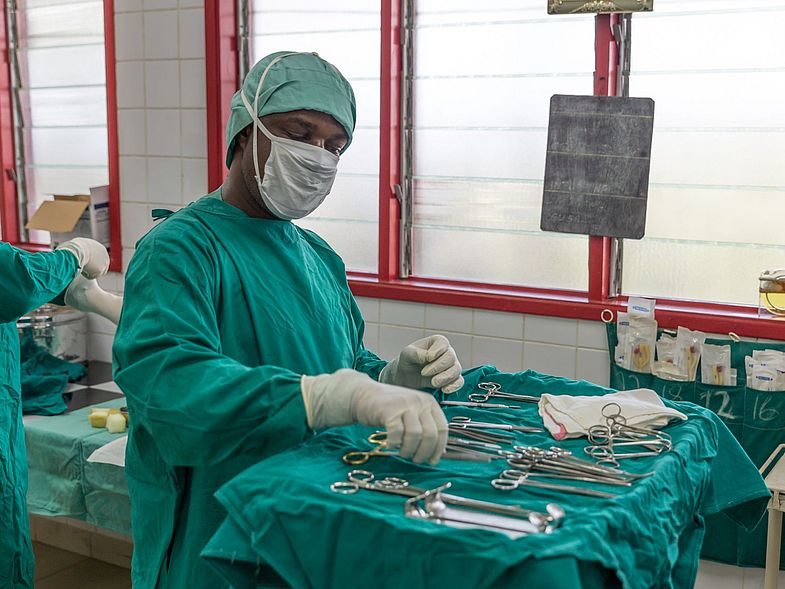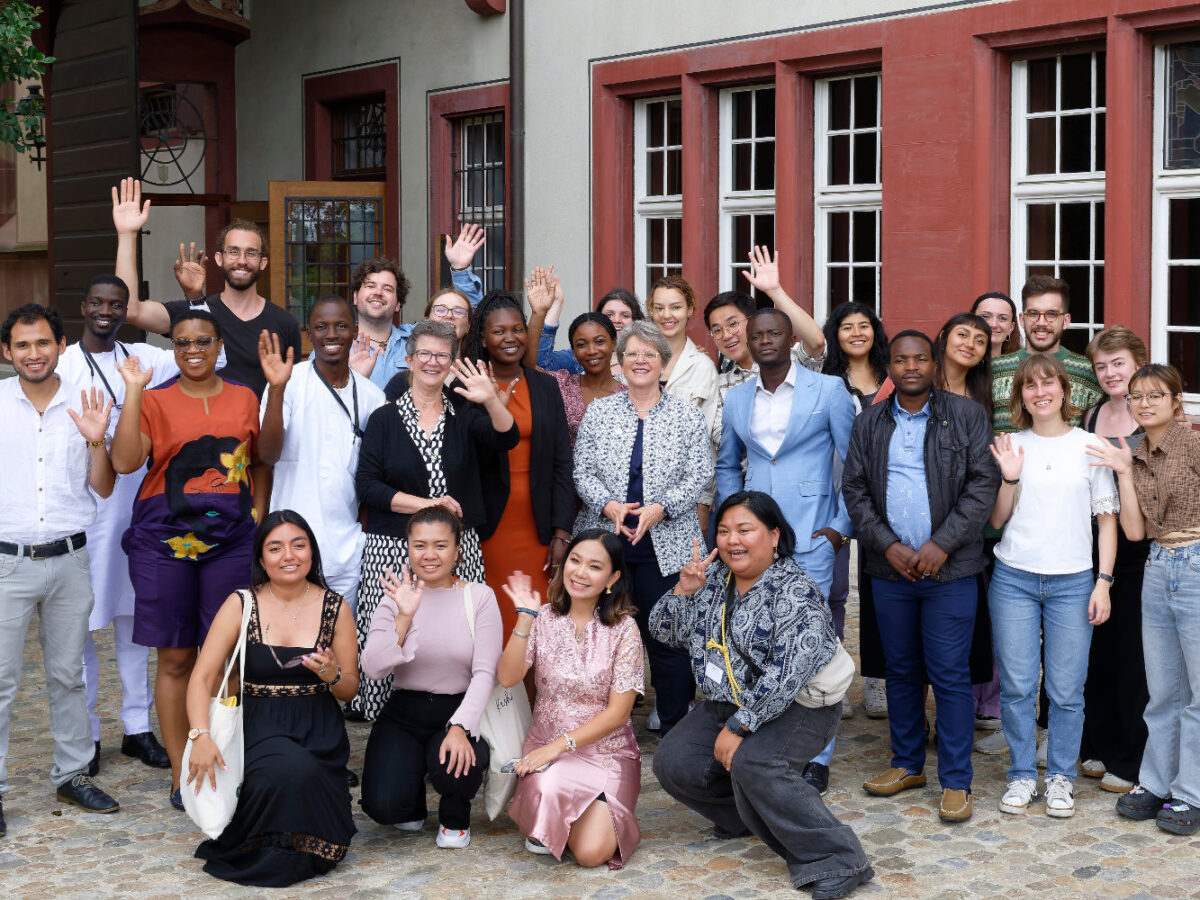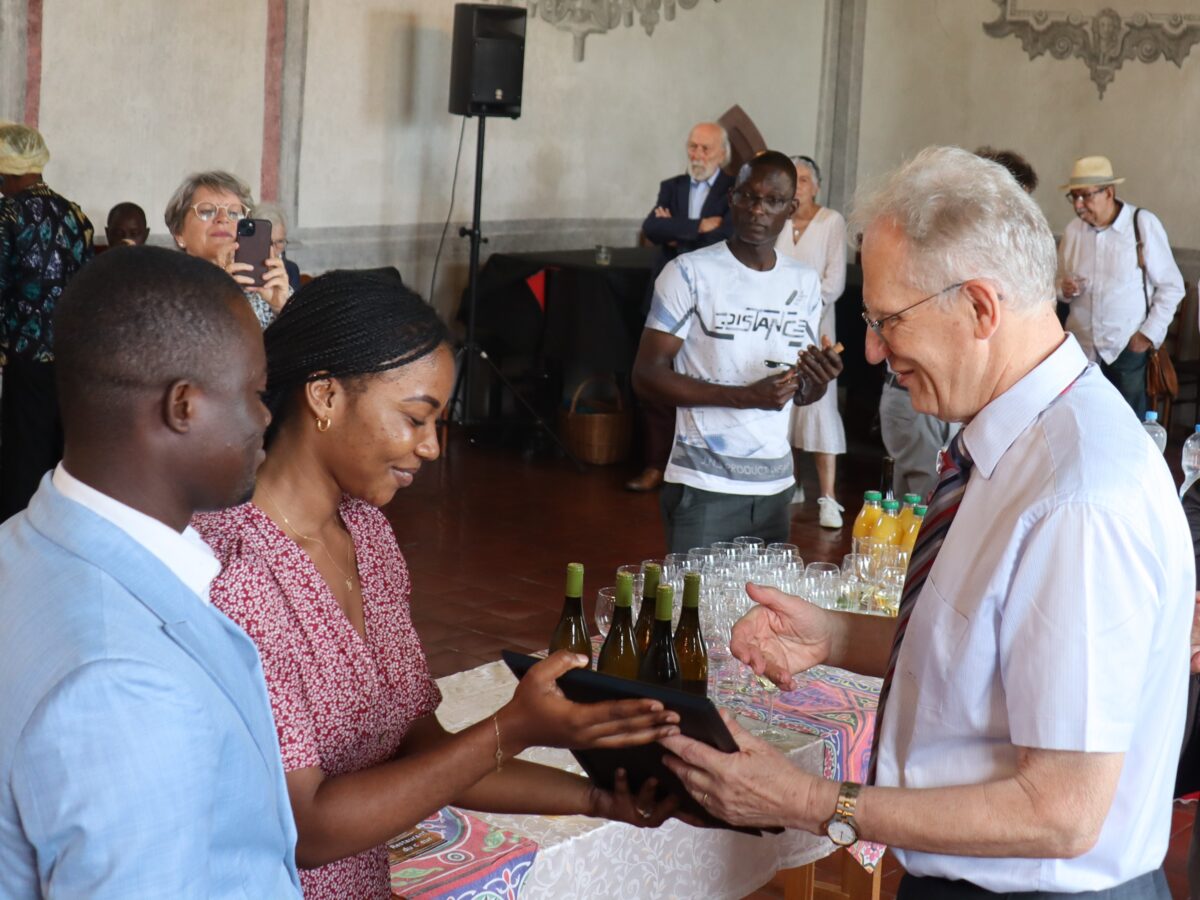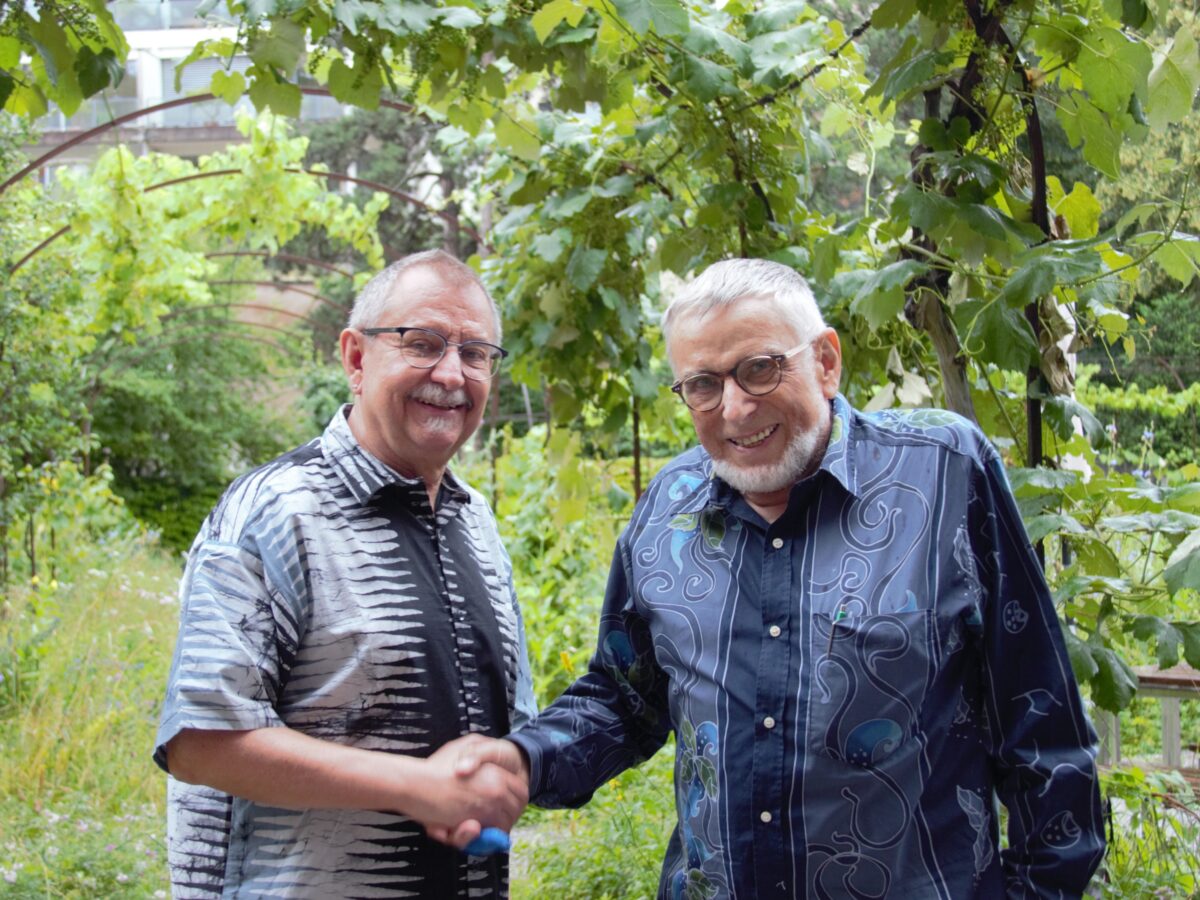Martin Witmer, you were active on the ground in Manyemen for Mission 21 and are regularly in exchange with people in the affected region. How did the closure of Manyemen come about in June?
The army conducted a raid, claiming that rebels were hiding on the hospital grounds. Army units drove onto the site, fired wildly, destroyed the water tank, and the staff fled. At least no one was apparently killed or injured. The village of Manyemen was also abandoned; some 2,000 inhabitants had fled into the bush. By June, Manyemen was closed.
For several years, you contributed to the maintenance of Manyemen Hospital as an international staff member. How difficult was its closure for the population?
That was actually very difficult. It is a hospital in the countryside, so it is the only place with basic medical care in a wide radius. Birth preparation is offered here, the HIV program is implemented here and HIV-affected patients find treatment here.
At the end of June, some of the staff resumed operations in Manyemen, is that a sign of hope?
About a third of the employees are back at work, including a doctor, the pharmacist and nurses. This is actually a small sign of hope, because it shows that people are trying to take life in their hands again. Agricultural work is hampered, but something is beginning in the hospital.
What is the situation in general for the population in the two English-speaking provinces?
The population is suffering greatly from the conflict between separatists and the government. When I left Cameroon in January 2018, the situation was already tense, with repeated deaths in attacks by separatists or government troops. Since then, the violence has continued to increase, and numerous villages have been destroyed. A total of around 160,000 people are believed to be on the run. The UNHCR (United Nations Refugee Agency) registered 21,400 Cameroonian refugees in neighboring Nigeria - but there are probably another 40,000.
What does that mean for people in concrete terms?
Many have fled to the rainforest or to the bush. There are no refugee camps in Cameroon itself. Since the beginning of the rainy season in July, things have been difficult in terms of health. everything is swampy and wet, the risk of infection increases, and women, especially pregnant women, and children are most at risk. In the jungle it is much more difficult to get around. That is why it is very important that Manyemen is now partially open again. The place has also become a refuge for some refugees, they are staying at the site.
Mission 21 has developed for the population a Emergency Aid Program set up. How important is emergency aid in this situation?
In Cameroon today, unfortunately, one must speak of civil war-like conditions. Government troops and three different separatist fighting groups are facing each other. The refugees are mainly in the rainforest and scrubland, without shelter and protection. That is why it is important that these affected people are first provided with the most important things: Food, medical aid and tents. The refugees can be reached by teams that have access to the improvised camps in the forest. Later, they should also be given support so that they can build shelters again themselves, sow crops and vegetables, and become self-sufficient again.
Interview: Christoph Rácz






